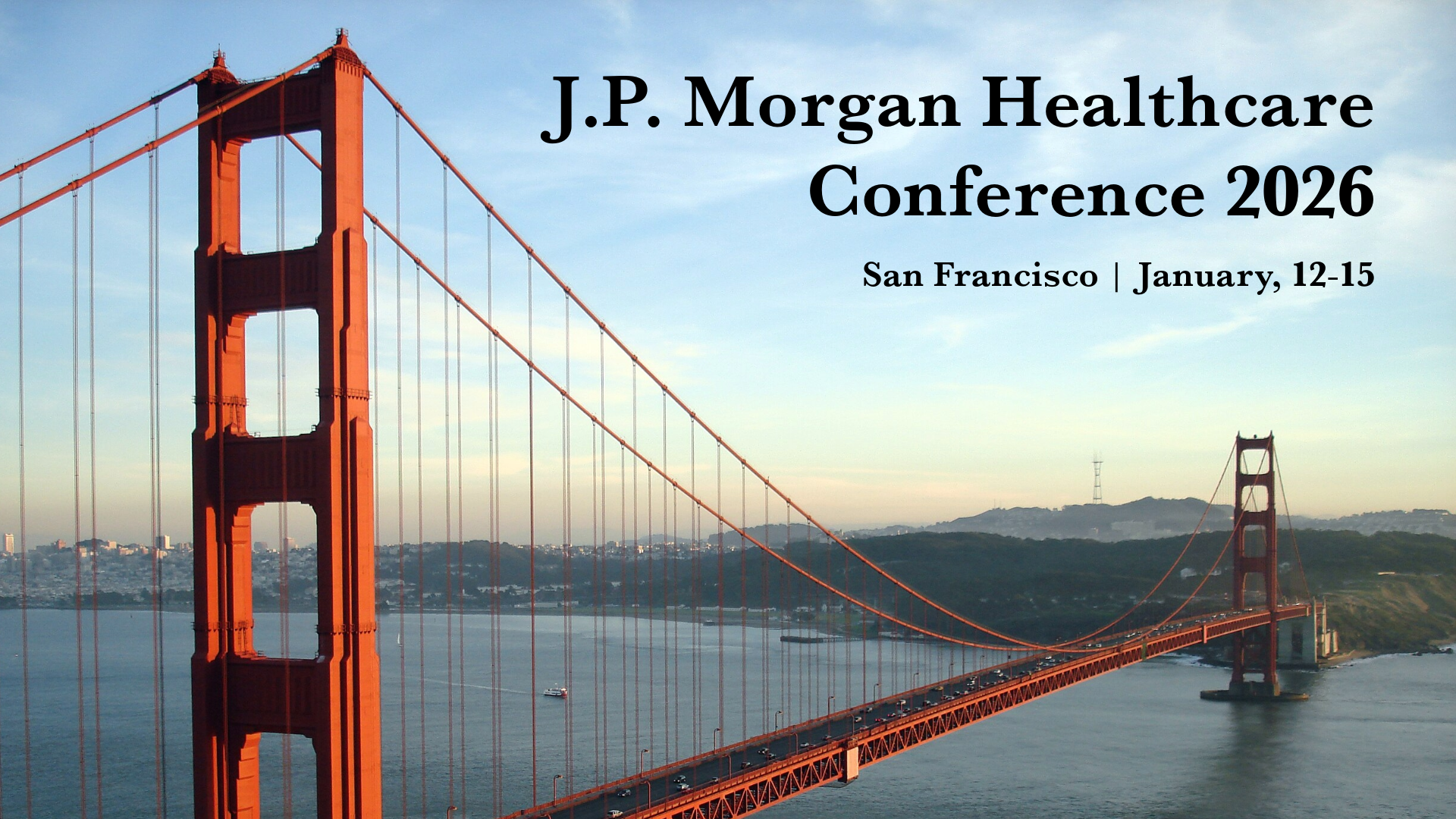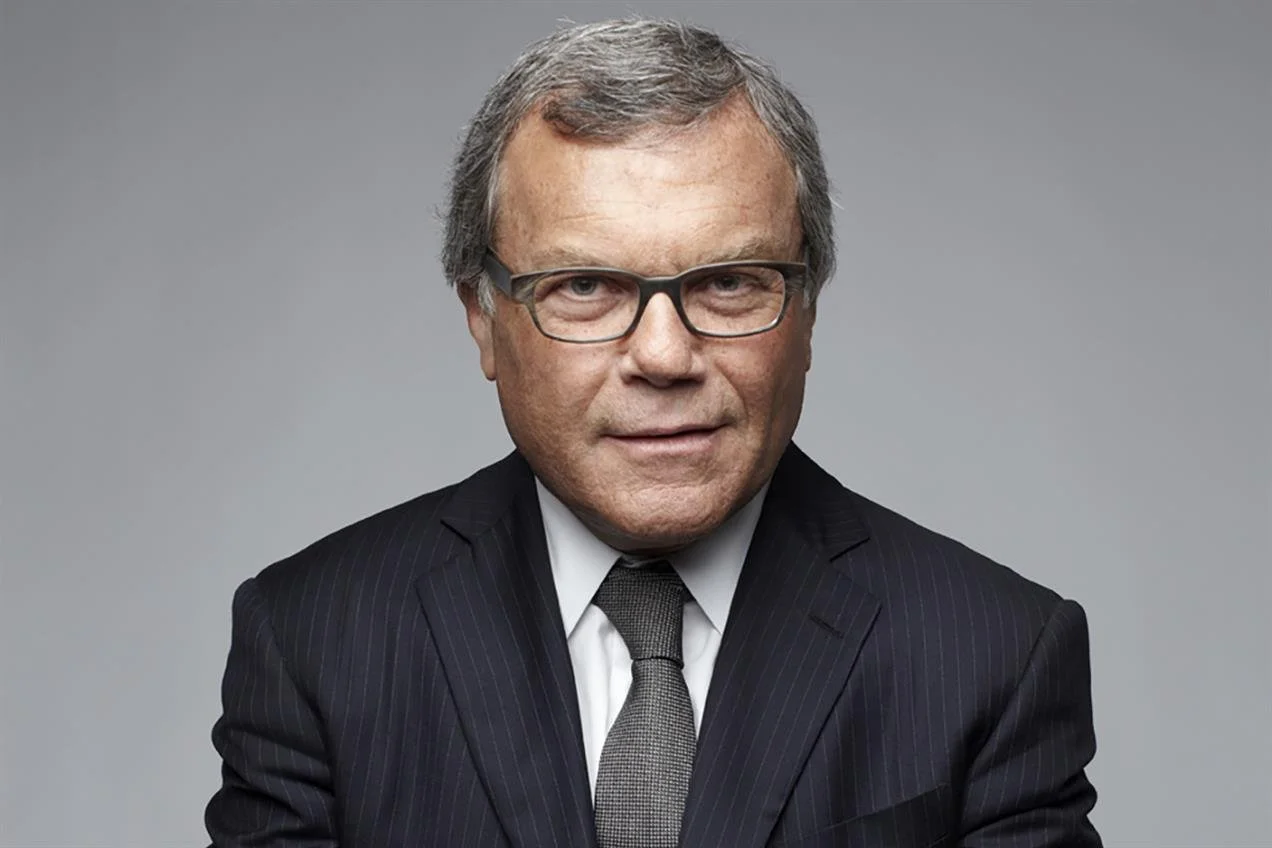JPM Healthcare Conference 2026 is no longer just about deals. It has become a signal-setting moment where healthcare, life sciences, geopolitics, policy, capital and artificial intelligence converge. This article explores what leaders need to understand beneath the headlines.
All tagged reputation
Geopolitics, Trust and the 2026 Strategy Test
Six signals for 2026 that leaders in government, technology, and investment should act on now. A strategic view of geopolitics, trust, and reputation as operating constraints, with practical implications
Sorrell Is Wrong: Reputation Matters More Than Reach
Sir Martin Sorrell is wrong to claim PR is dead. His view reduces communications to volume and reach. That logic belongs to advertising, not leadership. Reputation is built privately as much as publicly, through trust, judgement and behaviour over time. Flooding the internet creates noise, not credibility.
Are We Pricing Tech Ambition or Inflating a Bubble?
Tech IPO valuations are soaring as SpaceX, OpenAI and Anthropic reshape markets. We need to think whether ambition, narrative and AI hype are driving sustainable value or a growing bubble.
The Geopolitics Shift Boards Cannot Ignore
The 2025 US National Security Strategy marks a clear break from decades of liberal globalisation, placing economic security, supply-chain control and strategic competition at the centre of US policy. This shift makes geopolitical strategy a board-level priority. Companies, investors and governments must reassess how they position themselves to the United States and other major powers. The strategy highlights the need to understand these new expectations, mitigate political and operational risk, and prepare for fragmented supply chains, stricter investment filters and heightened scrutiny. Strategic framing now matters more than ever. How you present your organisation or investments will shape perceptions, reduce exposure, secure trust and unlock future growth.
The Hidden M&A Risk: Trust, Perception, Reputation
Most M&A failures are not caused by financial errors but by mismanaged perception, weak private engagement and cultural misunderstanding. Trust, reputation and strategic advisory must sit at the centre of every deal. This article explains why private communications, geopolitical fluency and cultural intelligence are now essential to securing stakeholder confidence and protecting value.
2025 UK Budget: Tax Rises, Tough Choices and the Missing Growth Strategy
The UK’s 2025 Budget raised taxes to historic highs but failed to reduce regulatory friction or unlock investment. Here is why these risks pose a long-term growth and why the narrative will impact how UK businesses see the benefit of investing.
Why Is Trust Now the Hardest Currency in Corporate VC?
Why is trust becoming the hardest currency in corporate venture capital? CVCs now differentiate not by cheque size, but by the strategic insight, commercial access and risk expertise they bring to early-stage companies. New data from the State of CVC 2025 report sets out what CVCs and founders must do to build perception, credibility and growth.
Why Reputation Risks Rise in the Age of Creators
The Reuters Institute’s new report, Mapping News Creators and Influencers in Social and Video Networks, shows how online creators now shape public opinion. Governments and companies must adapt their reputation strategies to navigate this fast-moving media landscape.








